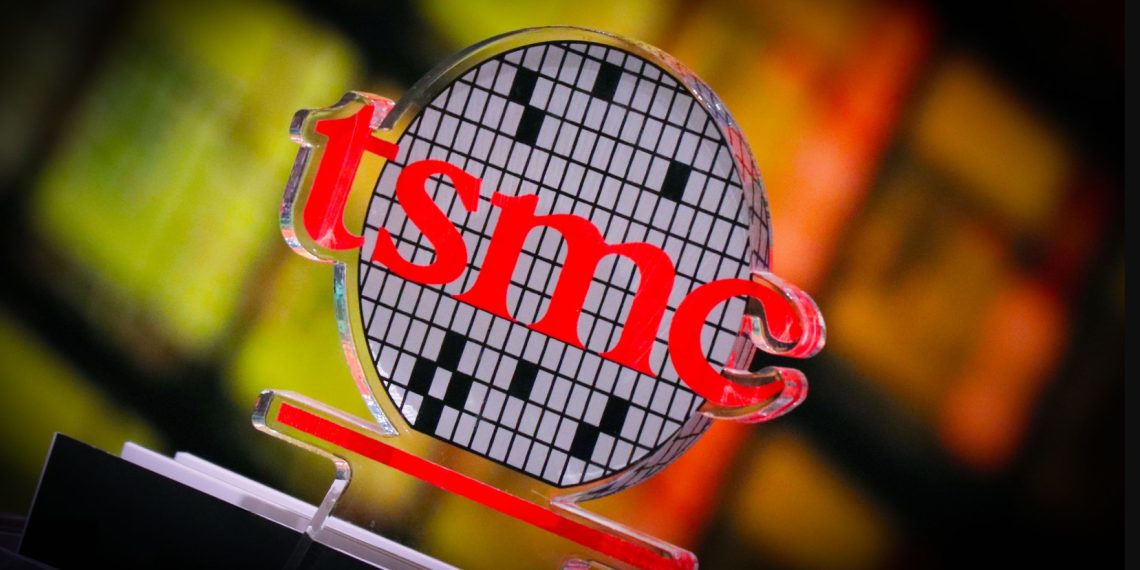TSMC’s foray into 2nm chip production signifies a remarkable achievement in the semiconductor industry. The transition from 3nm to 2nm brings with it several noteworthy advancements that will shape the future of electronic devices.
One of the primary benefits of 2nm chips lies in their improved power efficiency. As electronic devices continue to evolve, energy consumption becomes a critical consideration. With 2nm technology, devices can achieve comparable performance to their 3nm counterparts while consuming significantly less power. This translates into longer battery life for smartphones, laptops, and other portable gadgets, allowing users to stay connected and productive for extended periods without worrying about running out of power.
Furthermore, the smaller size of 2nm chips has profound implications for device design and functionality. Manufacturers can utilize the compact form factor to create sleeker, more lightweight devices with enhanced performance capabilities. For smartphones, this means thinner and more pocket-friendly handsets without compromising on processing power or features. Additionally, the reduced energy requirements of 2nm chips can help alleviate thermal management challenges, ensuring devices operate at optimal temperatures and mitigating the risk of overheating.
The impact of TSMC’s 2nm chips extends beyond consumer electronics. Industries such as automotive, healthcare, and artificial intelligence can benefit from these advancements as well. The increased computational power and energy efficiency of 2nm chips enable more sophisticated applications in autonomous vehicles, medical devices, and machine learning systems. This opens up new possibilities for innovation and further integration of technology into various sectors.
Moreover, the transition to 2nm chips aligns with the ongoing pursuit of Moore’s Law. This observation, coined by Intel co-founder Gordon Moore, suggests that the number of transistors on a microchip doubles approximately every two years, leading to exponential growth in processing power. TSMC’s progress in developing 2nm chips demonstrates the industry’s commitment to pushing the boundaries of semiconductor technology and driving continued advancements in computing capabilities.
As TSMC gears up for trial production of 2nm chips, it is clear that the resulting devices will offer users a tangible leap forward in terms of performance, efficiency, and overall user experience. From faster and more responsive smartphones to power-efficient computers and cutting-edge gaming consoles, the adoption of 2nm chips will shape the next generation of technology. With the potential to revolutionize multiple industries and fuel innovation, these chips pave the way for a future where devices are not only cooler and faster but also more energy-efficient and environmentally sustainable.













































































































































































